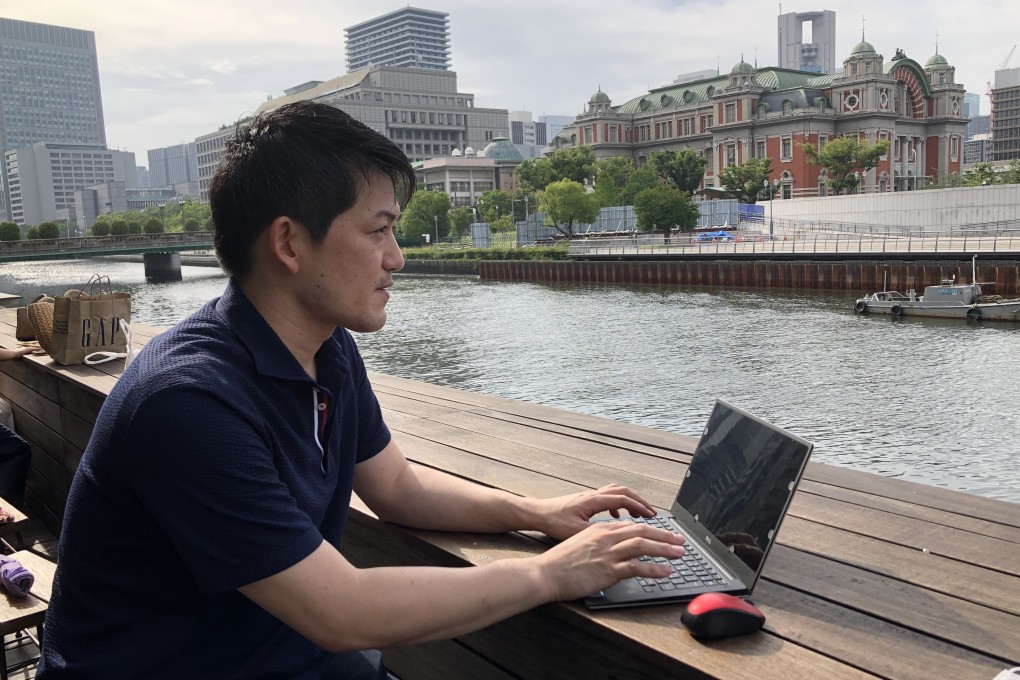Advertisement
Coronavirus: work obsessed Japanese learn to take things easy, with a ‘workation’
- Tokyo hopes by encouraging people to take working vacations it can help the domestic travel industry and the wider economy recover from Covid-19
- The idea is also helping the country’s notoriously hard workers to overcome feelings of guilt about taking time off
Reading Time:4 minutes
Why you can trust SCMP

When the Japanese government said it was throwing its weight behind the concept of “workations”, Yoshimasa Higashihara did not have to be asked twice.
An assistant manager with Japan Airlines, 37-year-old Higashihara has already had one “workation” this summer, catching up with a friend in Osaka for a few days, and is planning another trip in the coming weeks.
“I really want to visit the Blue Pond in Hokkaido because I’ve seen pictures but never been able to get there myself,” he said.
Advertisement

A veteran of seven domestic “workation” trips and, before the coronavirus pandemic wrought havoc in the international travel sector, three overseas – to New York, Hawaii and Singapore – Higashihara says being able to balance work with a vacation gives him the best of both worlds.
Advertisement
“I tend to travel alone and meet up with friends to see new places,” he said. “When I travel, I like to stay for a full week, but it’s difficult to take that much time off because of my work, so I use workation days to let me stay for that long.”
Advertisement
Select Voice
Choose your listening speed
Get through articles 2x faster
1.25x
250 WPM
Slow
Average
Fast
1.25x